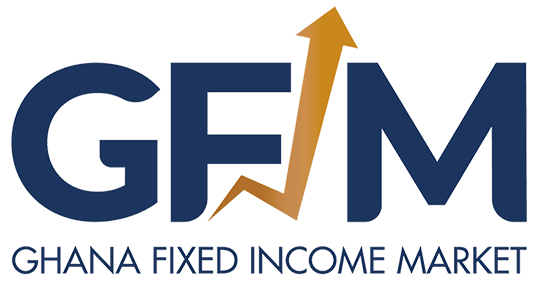By Ghana News
Copyright ghanamma

Ghana’s fixed income market recorded strong trading activity on September 25, 2025, with treasury bills leading transactions as the 91-day government security attracted ₵518.8 million in trading volume, reflecting sustained investor appetite for short-term government debt amid the country’s ongoing economic stabilization efforts.
The Ghana Fixed Income Market (GFIM) trading report reveals diverse activity across multiple security categories, with the most significant transaction occurring in the 91-day treasury bill maturing October 20, 2025, which recorded five separate trades totaling ₵518,809,935 face value. This concentration in short-term government securities demonstrates investor preference for liquid, low-risk instruments during periods of economic adjustment.
New Government of Ghana (GoG) bonds dominated long-term trading, with the 2023-GC-1 bond maturing February 16, 2027, attracting ₵233.7 million across 28 transactions at a yield of 15.92%. Recent trading data shows yields on medium-term government debt ranging from 15.18% to 16.05% for bonds maturing between 2027-2037, indicating elevated borrowing costs that present both opportunities for yield-seeking investors and fiscal challenges for government debt management.
The yield structure reveals significant differentiation between security vintages, with older government securities trading at yields approaching 24.80 percent, reflecting the market’s differentiation between various credit vintages and maturity profiles. This spread underscores the impact of Ghana’s debt restructuring program, where older securities were exchanged for new instruments under more favorable terms.
Bank of Ghana (BOG) bills showed moderate activity with a 56-day instrument maturing October 15, 2025, recording ₵65 million in single transaction volume. These central bank instruments serve as important monetary policy tools and provide additional short-term investment options for institutional investors seeking government-backed securities.
Corporate bond trading remained limited, consistent with historical patterns in Ghana’s developing capital markets. The state enterprise’s bonds recorded 10.8 million cedis in trading volume across six separate transactions, significantly outpacing other corporate issuers during the session. Issuers including Letshego Ghana Public Limited Company (PLC), Bayport Savings and Loans PLC, Ghana Cocoa Board, Izwe Savings and Loans PLC, Kasapreko PLC, and Quantum showed minimal trading activity, highlighting liquidity constraints in the corporate debt segment.
The repo market demonstrated selective activity, with sell/buy back trades concentrated in longer-dated government bonds. The 2023-GC-11 bond maturing February 3, 2037, recorded ₵157.1 million in repo volume across 18 transactions, suggesting institutional demand for collateralized lending arrangements using government securities.
Pricing patterns reflect current monetary conditions, with treasury bills trading at discounts to face value consistent with their zero-coupon structure. The 91-day bill closed at 98.70, the 182-day bill at 99.20, and the 364-day bill at 100.00, indicating a normal yield curve for short-term government securities.
Yield spreads across the fixed income market ranged from approximately 3% to over 35%, demonstrating the wide risk and maturity spectrum available to investors. This yield distribution reflects varying credit risks, liquidity premiums, and maturity considerations that characterize Ghana’s developing fixed income market.
The trading activity occurs against a backdrop of Ghana’s economic recovery efforts following its debt restructuring program. Ghana’s fixed income market recorded exceptional trading volumes of 1.33 billion cedis across 220 transactions on September 23, 2025, with treasury bills dominating activity as investors demonstrated sustained appetite for government securities amid the country’s ongoing economic stabilization.
New GoG bonds carry benchmark status, indicated by red highlighting in market data systems, reflecting their importance as pricing references for Ghana’s sovereign debt curve. These instruments feature coupons ranging from 8.35% to 9.85%, with prices trading at significant discounts to par value due to prevailing high yield environment.
The trading session demonstrates the market’s dual focus on liquidity and yield optimization. Short-term treasury bills provide immediate liquidity management solutions for institutions, while longer-term government bonds offer attractive yields for investors with extended investment horizons willing to accept duration risk.
Market infrastructure provided by GFIM enables transparent price discovery and electronic trading across all security categories. The GFIM is the market for secondary trading of fixed income securities including GoG notes, and bonds. Our trading infrastructure provides a fair, open environment that displays live, executable, transparent prices for corporate bonds.
The concentration of trading activity in government securities reflects broader trends in emerging market fixed income, where sovereign debt typically dominates trading volumes due to superior liquidity and standardized terms compared to corporate instruments.



